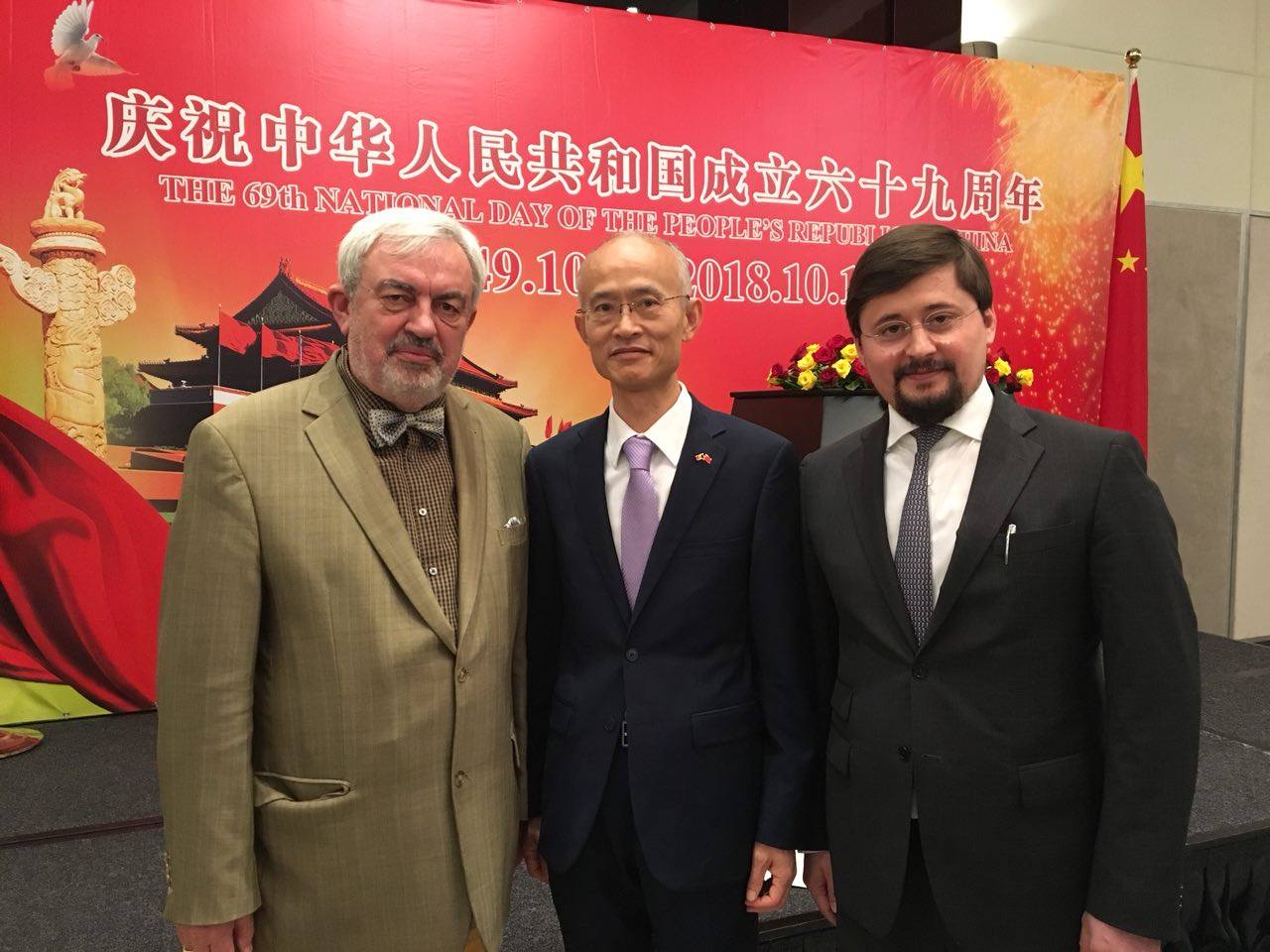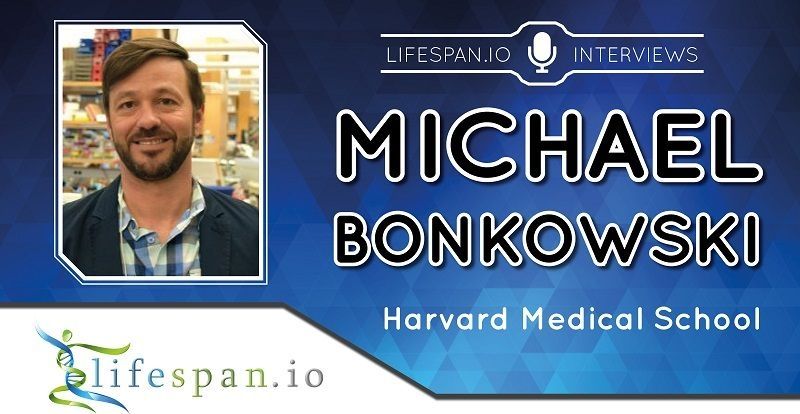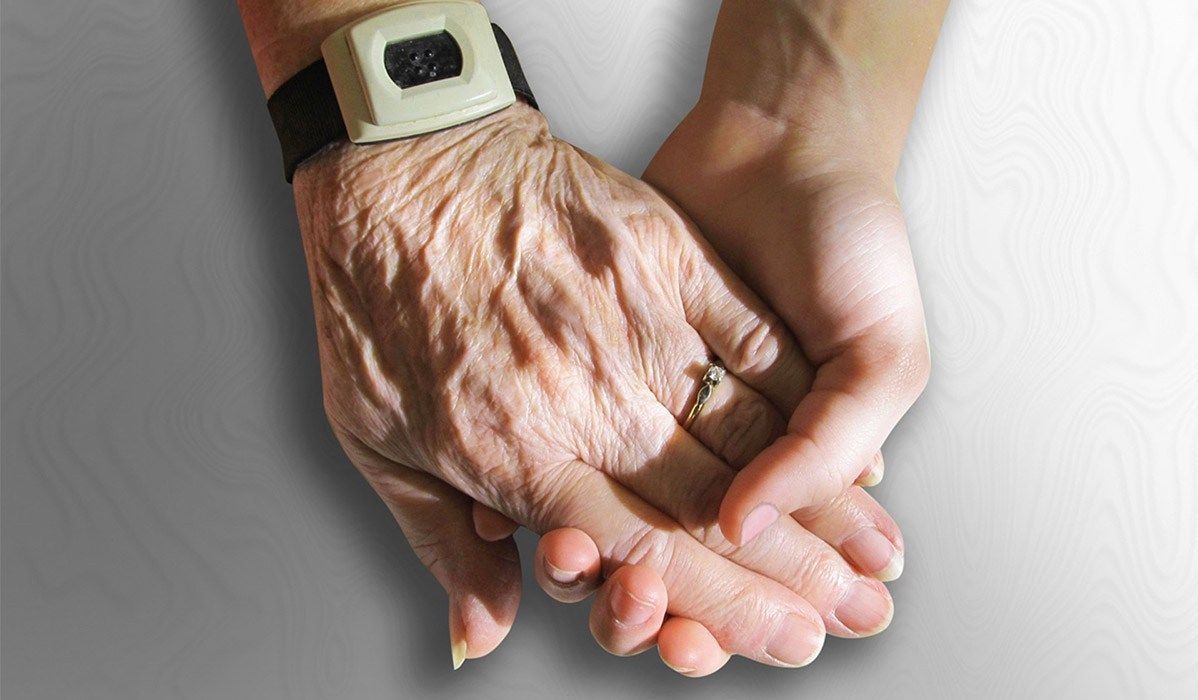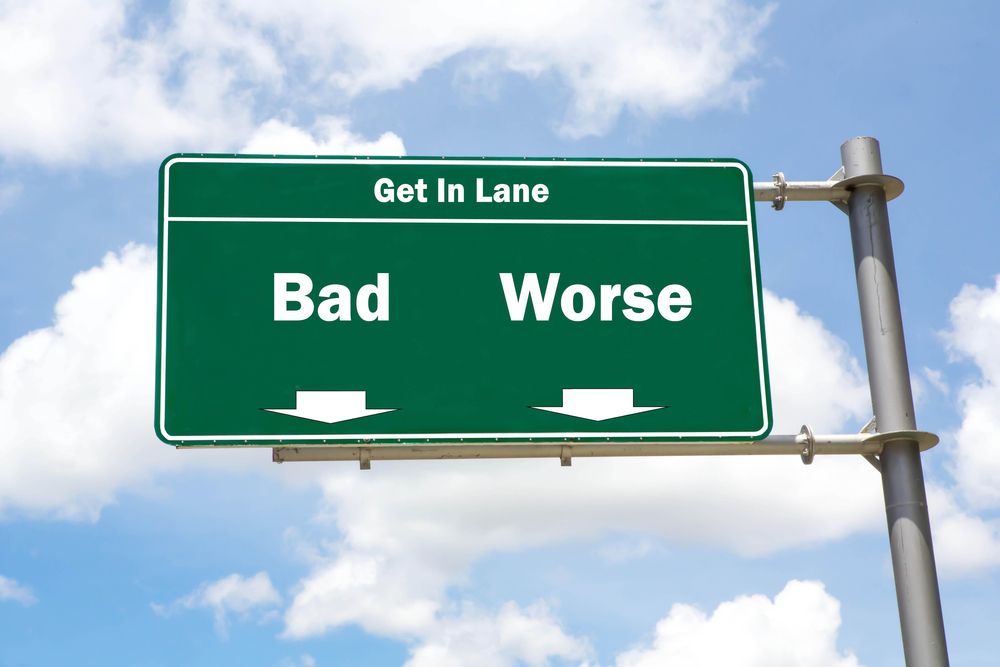Even with an increasing number of articles about aging and rejuvenation technologies in mass media, the general public’s lack of information remains a problem. Pro-longevity organizations try to spread useful information; however, it’s clear that this information is, quite often, only delivered to current members of the community instead of to a new audience. My work at LEAF is partially focused on finding ways to break this border and explore new social territories as often as possible. Last week, this journey brought me to a meeting with a title that speaks for itself: Death Cafe.
What is Death Cafe?
A Death Cafe is not a place. It is a meeting at which people are encouraged to discuss everything related to death over a cup of tea. The official mission of this community is defined as follows: “Our objective is to increase awareness of death with a view to helping people make the most of their (finite) lives.” It is not a form of group therapy, not a support group or a survivors’ group (though only the living can attend…); rather, it’s just a space where people can talk to each other about a topic that is usually excluded from public dialogue.







